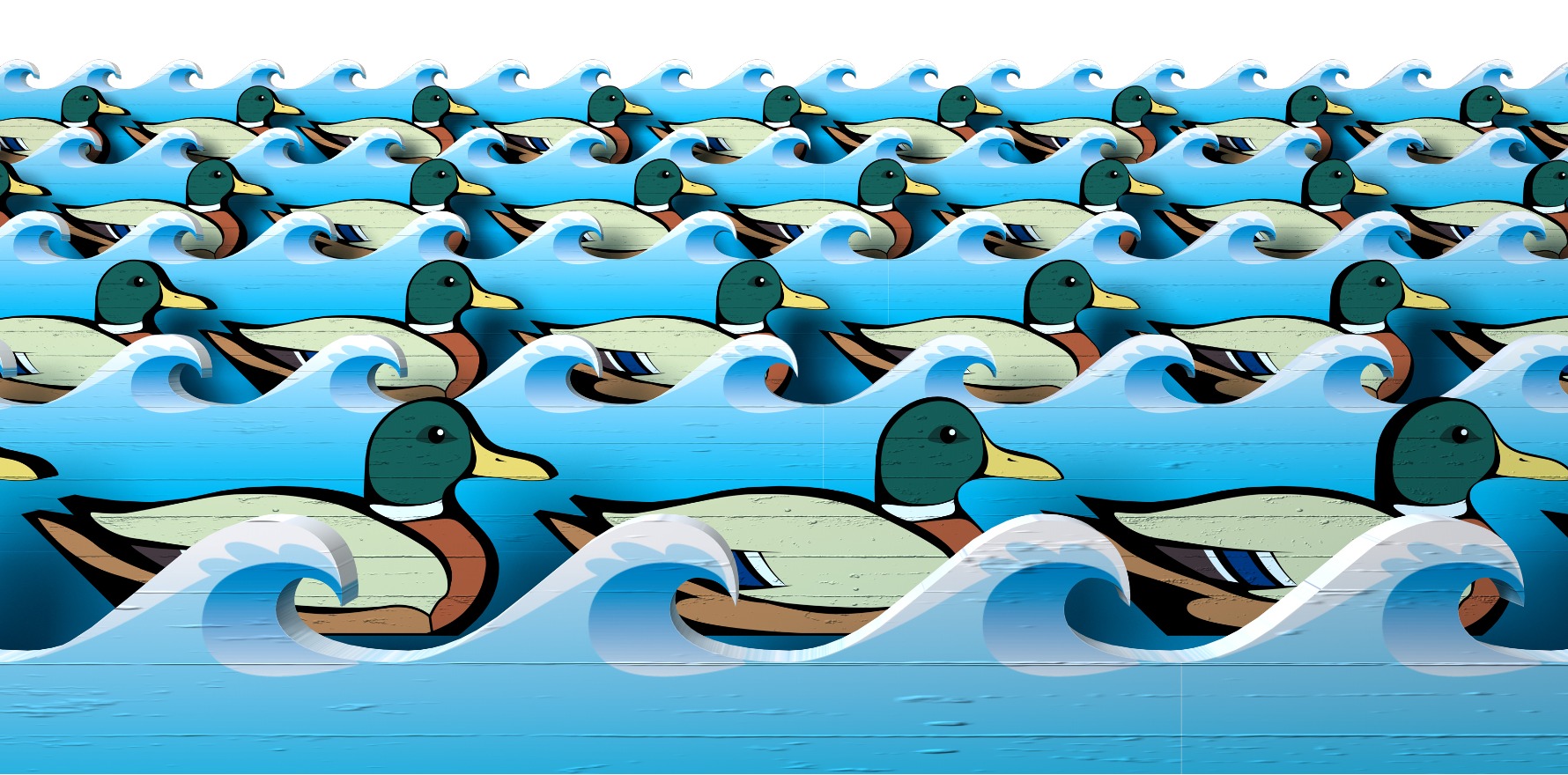A screening questionnaire is no barrier against patients with covid.
Amid lockdowns, vaccine rollout delays and a particularly fast-moving strain of covid-19, let’s reflect on the attitude of some patients attending general practices.
Many patients are grateful for the ongoing care of our GP workforce and their practice staff, despite incredible hardships, with no leave and no end in sight.
But others see face-to-face care as a right that overrides any risk they might pose to others and the knock-on effects their visit might have.
Sixteen medical centres are now on the NSW Health list of covid-19 exposure sites, as Sydney’s outbreak keeps expanding despite the lockdown.
This suggests that general practices desperately need more protection: a flimsy questionnaire and trust in patients’ honesty is not cutting it.
A general practice consultation is complex in nearly every situation, whether it be a catchup on overdue examinations and investigations, an ear to listen to the social consequences of repeated hardships, or a quick intervention to ensure patients are fully educated about the evidence surrounding the need for vaccination. GPs are here for all of that.
But it is a pretty poor situation in Australia when the entitled minority disregard or remain deliberately ignorant of their effects on others, and place their own needs above those working and running our general practices.
Perhaps there is still some complacency on the back of low covid-19 case numbers compared with other countries battling this pandemic. Unlike the United Kingdom or America, we have the luxury of not all knowing somebody who has contracted covid-19 or succumbed to it. The numbers shown via news channels do not really compute. From our perspective, seeing death rates in the tens of thousands and mass cremations are more understandable as a plot line for a blockbuster science fiction movie than our global reality.
This may be contributing to the attitude that has unfortunately led to many flouting medical advice, and even more disrespectfully, ignoring the rules by which they engage with their GP practice.
With an air of arrogance and self-importance, and a consideration that their time in a queue at a covid-testing site is best spent elsewhere, patients of GP practices all over Australia are lying or minimising symptoms until they get into the room shared by a doctor without adequate PPE. A doctor who may have fallen foul of the ad hoc priority system for vaccination which disregarded their position as frontline health care workers, unlike colleagues who work in the emergency departments of our public hospitals.
All doctors have met patients who openly ignore or argue with evidenced-based medical advice. All doctors also know that the human host cannot discern which virus has invaded it to cause a sore throat, cough or fever. Yet they’re the ones who have to – literally – face patients who think it is OK to flout the rules because this sore throat is “just a cold”, “my usual winter sore throat” or “tonsillitis needing antibiotics”.
Those who staff our general practice clinics could not have predicted that the waiting room would become obsolete – although they may have wished for this, appreciating the fomite risk in the children’s play area, or in the piles of outdated magazines.
Now it takes only one patient with undetected or undeclared covid to turn this space into a biohazard, close the practice and necessitate the furloughing of staff through the isolation period – perhaps in the process infecting the patient with the compromised immune system or the frail elderly patient stopping by for a check-up.
General practitioners and their staff have simply had enough. They were the frontiers exposed during the first wave, as many came off cruise ships in an infectious state straight into their GP practices. They had no warning and no access to PPE.
Tragically, and simply inconceivably, 18 months later they remain just as exposed because of the simple arrogance and entitlement of a few of the patients they treat. Our relative safety from covid-19 as compared to other countries’ has fuelled this attitude.
If we are not careful, and without some strong health education and advocacy, we will be in the situation of many other countries, due to our abysmal vaccination rate among health care workers, who should have been immunised months ago. This would silence those who believe they know better than doctors, but what a tragic price to pay for this jolt into reality.
This really is an intervention the RACGP must implement post-haste, to protect their members who have toiled too long for little gain, and continue to remain a weak link in the fight against covid-19 because no one is looking out for them.
Dr Helen Schultz is a consultant psychiatrist specialising in doctor mental health


